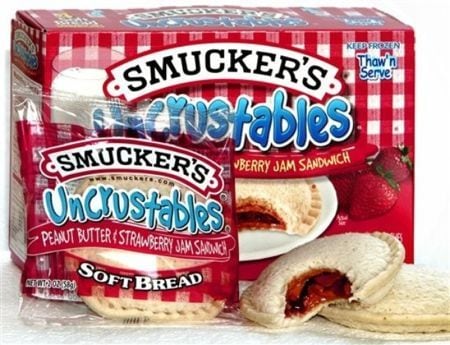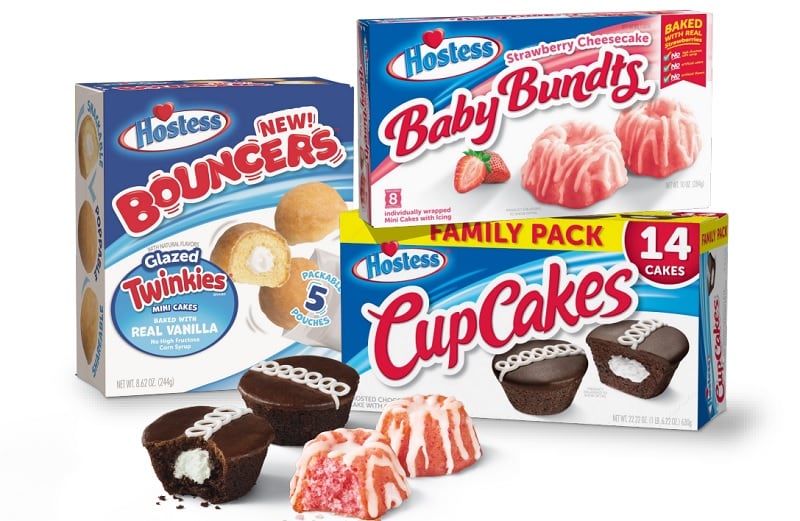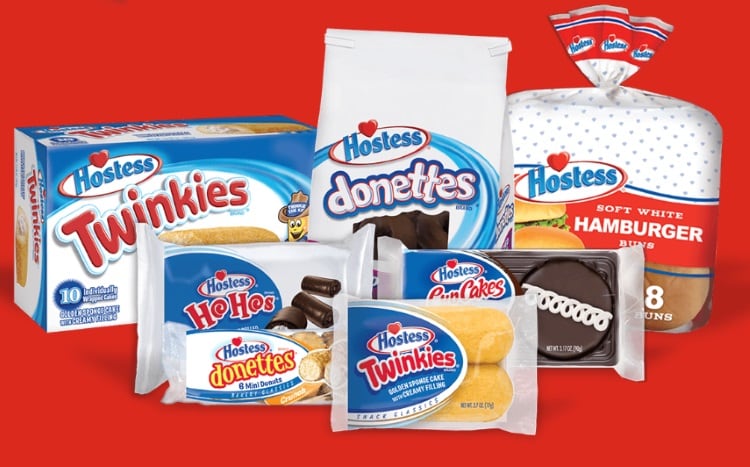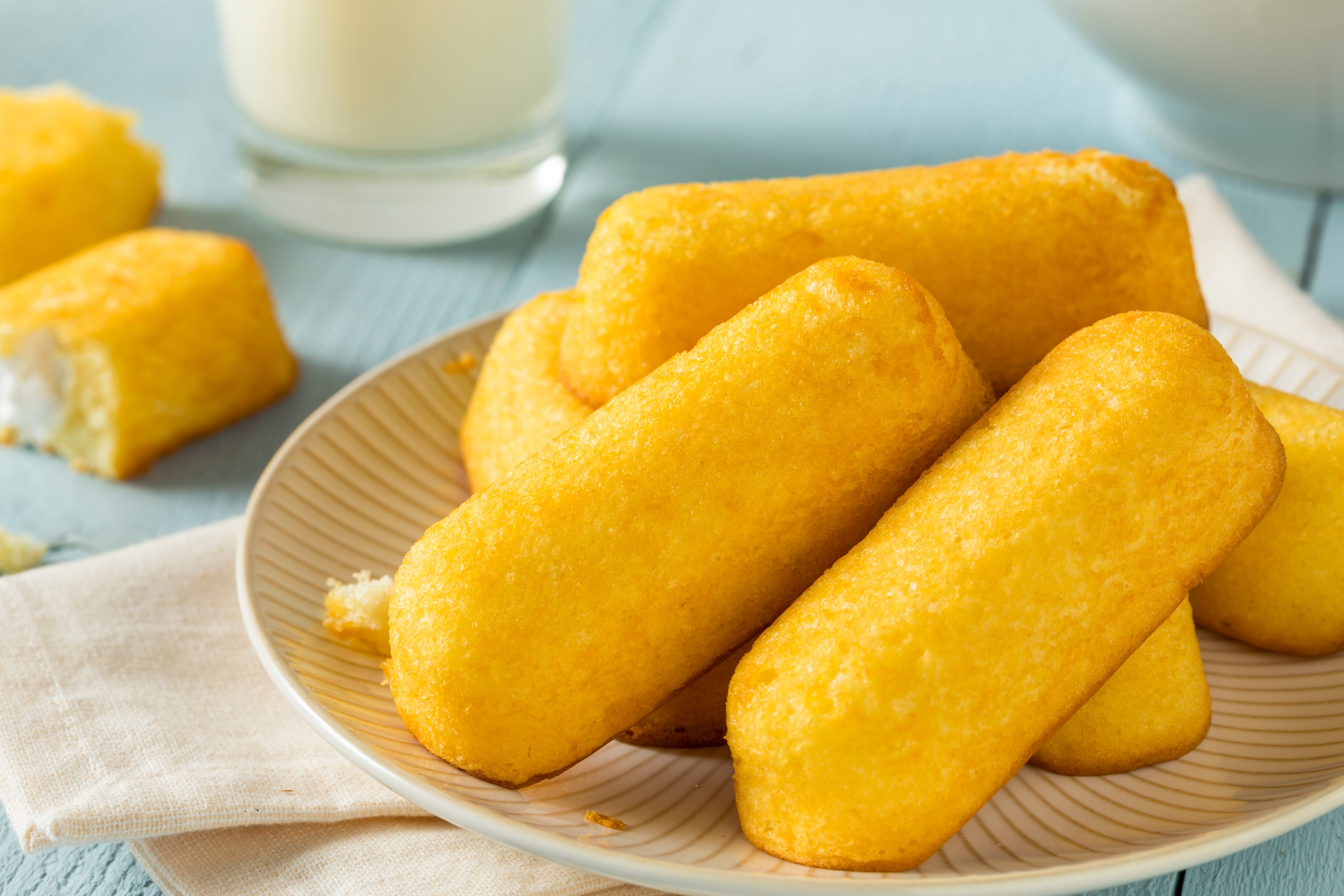Key takeaways:
- Smucker’s overall business held steady in Q2, but Sweet Baked Snacks posted a sharp sales and profit decline.
- The slump reflects both recent divestitures and weaker performance from the baked-snack products Smucker kept.
- Hostess remains central to Smucker’s long-term strategy, but the baked-snacks division is still working through a messy transition.
Smucker’s second-quarter numbers present a tale of two businesses. Most of the Ohio-headquartered giant jogged along without too much excitement. But the Sweet Baked Snacks division looked like it had lived through an entirely different season.
Across the wider business, nothing dramatic happened. Net sales nudged up 3%, or 5% once you ignore the parts of the company that have since been sold. CEO Mark Smucker kept things upbeat, telling analysts, “We are pleased with our second quarter results and the positive momentum that we are experiencing in our business. Our top-line growth was driven by ongoing demand for our portfolio of leading brands, and our bottom-line results reflect disciplined cost management and business execution.” Coffee continued to do the heavy lifting. Frozen handhelds behaved. The international side chipped in, too.

Uncrustables – which is part of Frozen Handheld and Spreads rather than Sweet Baked Snacks – had a quieter quarter of its own. Volumes dipped a little as Smucker continued to bed in its new production capacity, so it wasn’t the engine of growth this time around. But because it sits in a different division, its softer spell didn’t contribute to the baked-snacks wobble.
Sweet Baked Snacks told a completely different story. Sales fell 19% to $256.1 million. Even if you remove the bits Smucker no longer owns, the division still slipped 3%. And profit all but vanished, dropping nearly 70%. These aren’t the sort of numbers that can be blamed on a rainy weekend or a one-off blip.
Some of this was expected. Smucker has spent more than a year carving away at this division. First it sold the Voortman cookies and wafers business in late 2024. Then in March 2025, it passed over a bundle of value-tier baked snacks – Cloverhill, Big Texas and a group of private label snack cakes – to JTM Foods, LLC, in a deal worth around $40 million. Those lines accounted for about $48 million a year in sales, so losing that volume was always going to sting.
But the products Smucker kept didn’t exactly leap forward either. Everyday snack cakes slowed. Breakfast bakes sagged. Private label slid back. Donuts were the one bright spot, but not bright enough to light up the segment.
CFO Tucker Marshall didn’t pretend otherwise. He admitted “the bottom line did not meet our expectations” and described the division as being in a “transformation”. Which is basically the polite corporate way of saying: we’re rebuilding the plane while it’s flying.
A category wobbling at the knees

Sweet Baked Snacks haven’t had an easy time lately. Consumers are still buying treats, but not the way they did even a year ago. A cake that once went straight into the cart is now a more considered purchase as shoppers become choosier about treats. Parents watching their budgets stick to the brands everyone will actually eat. Younger shoppers want something a bit more ‘worth it’. And the middle ground – the simple, everyday snack cakes – is taking the biggest hit.
That’s exactly where most of Smucker’s remaining baked-snack SKUs sit. And because the company has stepped out of the cheaper end of the market, the remaining products are suddenly expected to do a lot more heavy lifting. Add in higher sugar, flour and packaging costs – plus tariffs that no one asked for – and this division feels squeezed from every direction.
Retailers haven’t made life easier either. When Smucker stepped out of whole chunks of the category, shelves had to be rearranged. A product that moves 10 inches left or right can suddenly become invisible for a few weeks, and that’s all it takes to dent repeat sales. Multiply that across multiple chains and you get exactly what the Q2 numbers show.
Meanwhile, other manufacturers are happily snapping up the space Smucker left behind. There’s always someone ready to jump into value-tier and private label bakery, where loyalty is thinner and shoppers are more price-sensitive. Smucker’s slimmed-down lineup now has to compete in a category that’s shifting underneath it.
Hostess: the part of the story that hasn’t settled yet

The long-term plan is still built around Hostess. Smucker brings it up often and did again this quarter, positioning Hostess and frozen handhelds as the foundations of its “focused portfolio strategy”. Fewer brands, clearer storytelling, stronger margins – that’s the idea.
But Hostess is trying to grow while the rest of the division keeps moving around. SKU cuts, distribution tweaks, new promotional rhythms – none of that makes scaling easy. Hostess isn’t why the numbers are down, but it also can’t counterweight the rest of the turbulence on its own. At least, not yet.
Smucker seems prepared to wait this out. Coffee is consistent enough to give the company breathing room, but baked snacks can’t drift forever. Eventually, the tidier, tighter lineup needs to prove it can hold its own.
This quarter doesn’t look like a failure so much as the middle of a messy transition. The divested brands took a lot of volume with them and the surviving products haven’t had enough time – or enough shopper stability – to fill in the gaps. That was always the risk of a major clean-out.
Over the next few quarters, Smucker will be looking for steadier volumes, less yo-yoing in mix, more predictable shelf behavior. If those things show up, the company will argue the reset is working. If not, it may need to rethink how much the remaining brands can realistically deliver.
For now, Sweet Baked Snacks sits in that awkward middle stage many companies know too well: no longer what it was, not yet what it wants to be. The next stretch of results will show whether this reset is finally settling – or whether Smucker still has more digging to do.





